7 Ways UCSF Is Exploring the Eyes
Researchers and clinicians are advancing the science of sight to ensure the health of these complex and crucial organs.
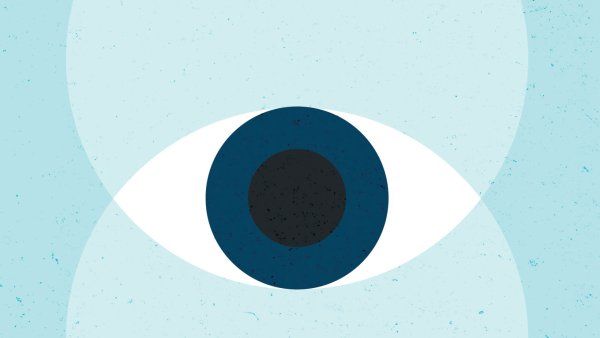
University of California San Francisco
Give to UCSFResearchers and clinicians are advancing the science of sight to ensure the health of these complex and crucial organs.

What scientists are learning about weed’s health effects might come as a surprise.
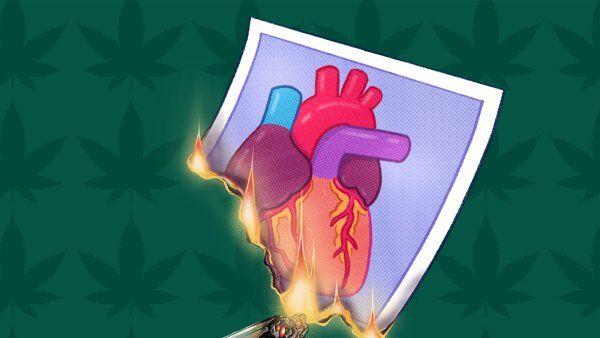
An expert in cognitive neuroscience shares the ways that music may help flex our neurons, plus her top tips for a music-filled life.
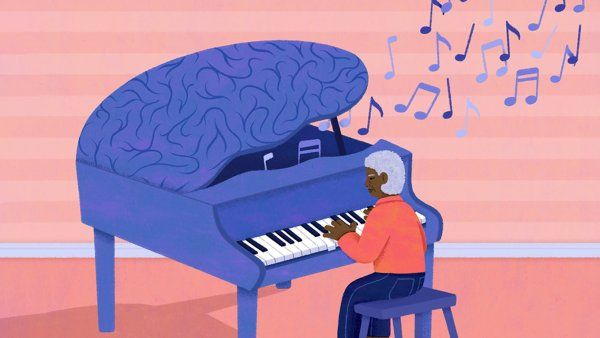
Neuroscientist Grae Davis, PhD, unpacks why public understanding of science matters.
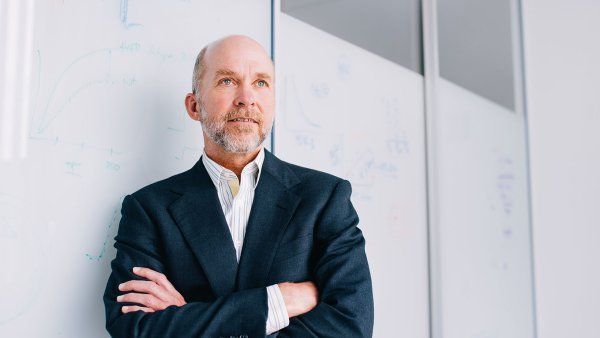
UCSF researchers are scouring millions of compounds – with help from tiny zebrafish – to create anesthetics safe enough to use without an anesthesiologist.
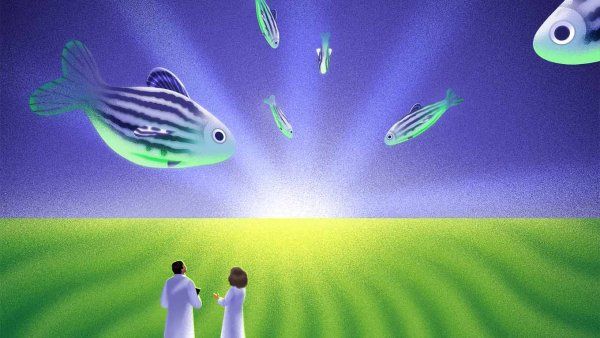
Microplastics have infiltrated our bodies. What does that mean for our health?
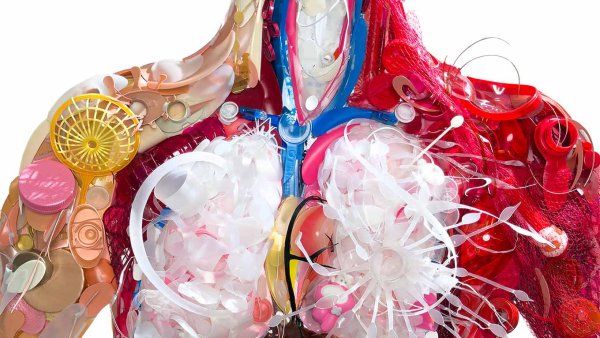
Scientists at UCSF are studying the gastrointestinal tract to unlock the healing secrets of our trillions of gut microbes.
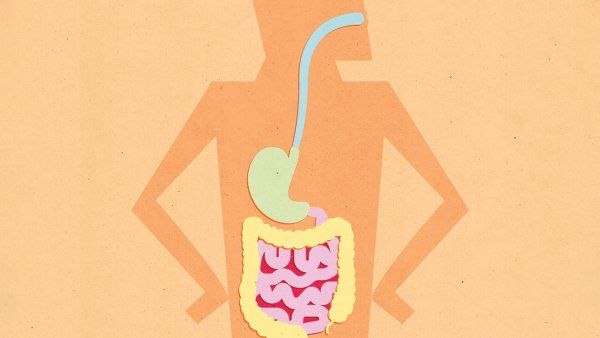
One key is a building designed by scientists for scientists, says Catherine Lucey, MD, UCSF’s executive vice chancellor and provost.
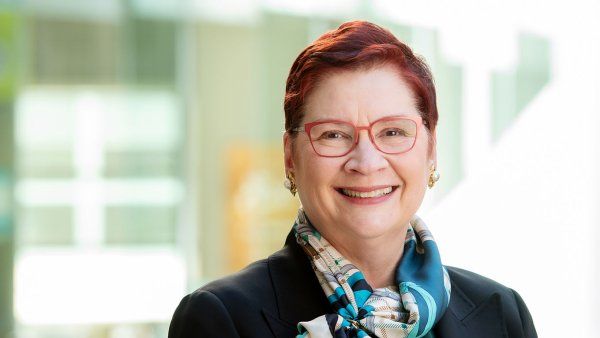
A digital twin of a human mind? It isn’t science fiction.

Insights from human evolution could change how we understand and treat illness.
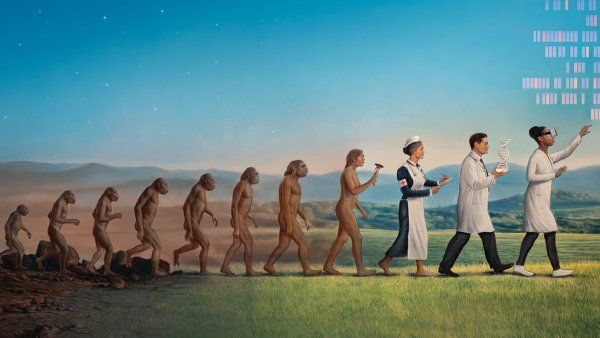
UCSF scientists made international headlines when they developed a brain-computer interface that allowed a stroke survivor to speak for the first time in 18 years. Find this award-winning video, which has been viewed by millions, on UCSF’s YouTube channel.
In labs and clinics across UCSF, scientists are unraveling how to keep one of our hardest-working organs beating away.
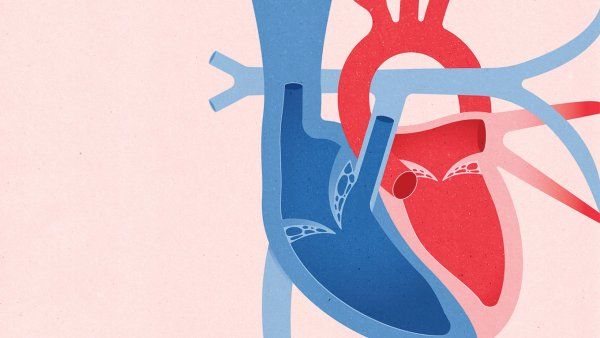
Perpetual stress runs us down. But a truly restorative state that alters our bodies at the cellular level can counter this deterioration.
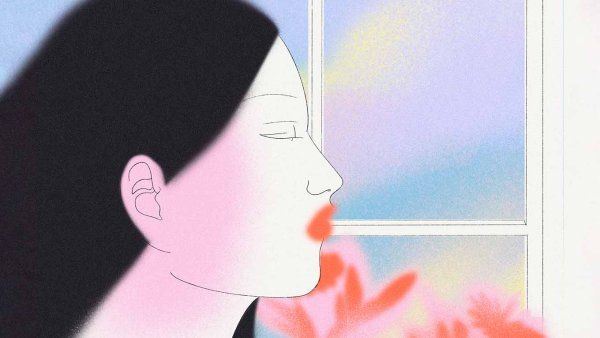
Deep rest is best achieved in prolonged practices that relax the body and quiet the mind. But you can also combat stress within seconds by activating your parasympathetic nervous system. Here are a few approaches to making this biological shift quickly.
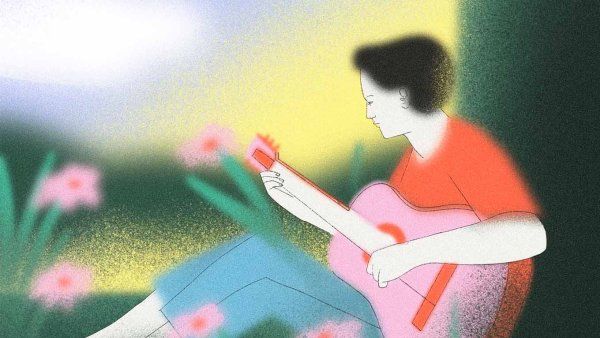
Our genome may one day serve as a passport guiding our health care – from cradle to grave.
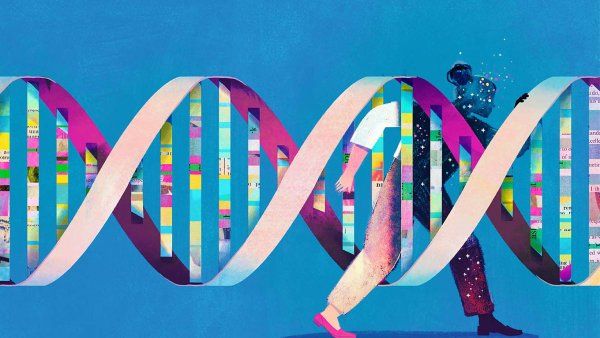
A world of science is examining the centerpiece of our respiratory system.

Cell biologist and engineer Matthew Kutys, PhD, and his team harness organoids – living tissues derived from patient tumors – to study how cancer spreads.
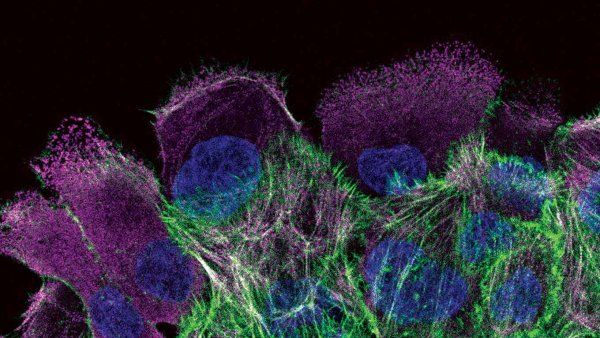
UCSF’s industry archives expose the marketing tactics that fueled the opioid epidemic.
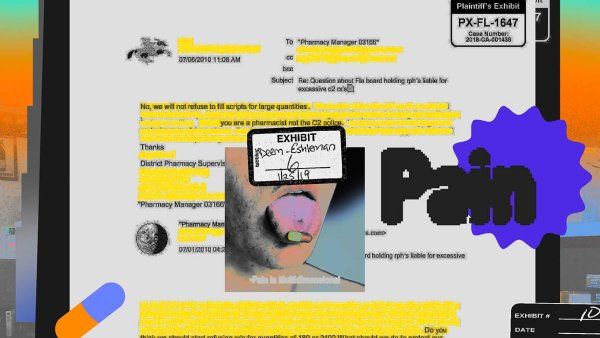
What a tiny grassroots program in the Tenderloin is teaching doctors about healing through human connection.
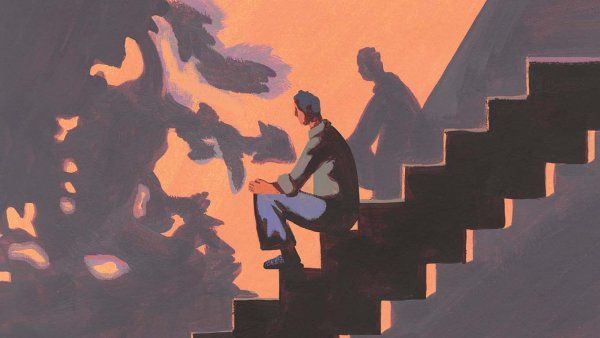
Fortified stem cells. Enhanced memory. A longevity hormone. UCSF researchers are finding out whether we can cancel – or at least delay – old age.
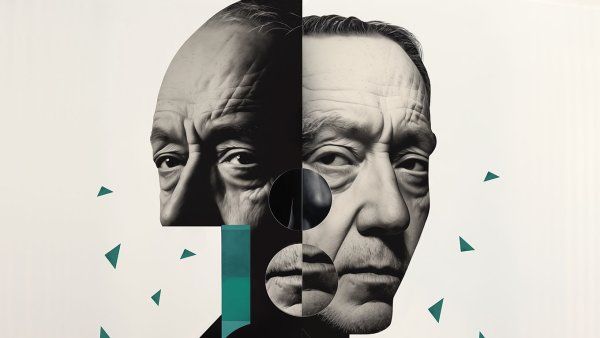
UCSF infectious disease specialist Michael Peluso, MD, who co-leads one of the world’s oldest studies of long COVID, discusses the condition’s mysteries.
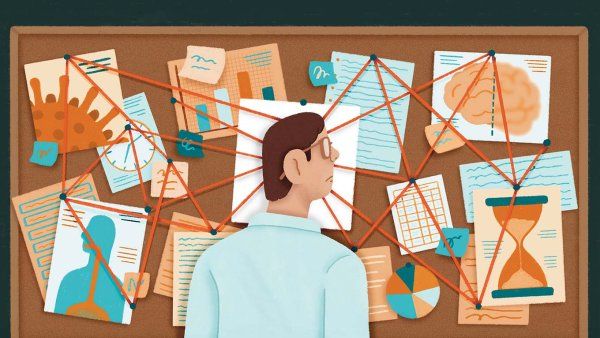
UCSF’s Nevan Krogan, PhD, is taking aim at the world’s deadliest diseases by uniting scientists and the biomedical industry to speed treatments.
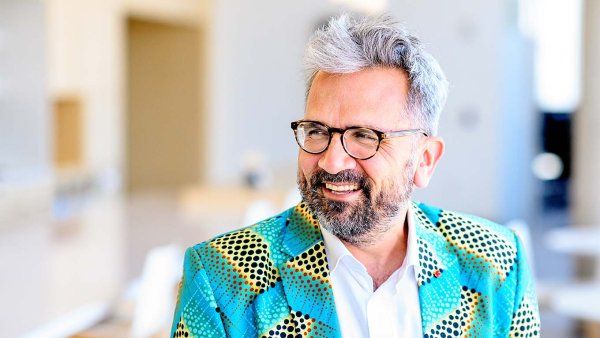
The advent of cheap, easy-to-use blood tests for Alzheimer’s disease has the potential to revolutionize diagnosis and treatment. But they also raise difficult questions that the field is only beginning to consider.
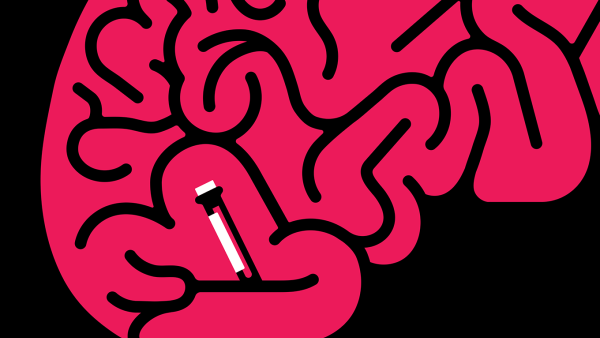
Engineered immune cells. Supercharged scans. Drug implants. Gene manipulators. Blood biopsies. Read how these breakthroughs are transforming cancer care.
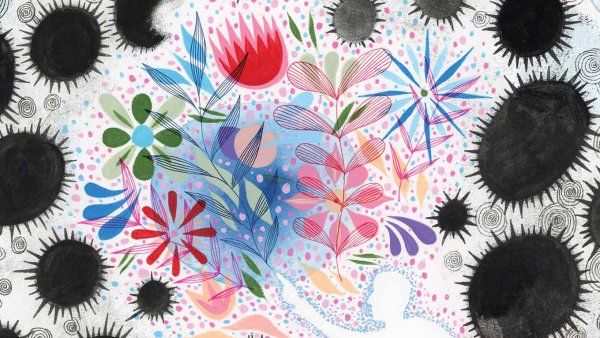
A new treatment approach draws on research into the unique teenage brain.
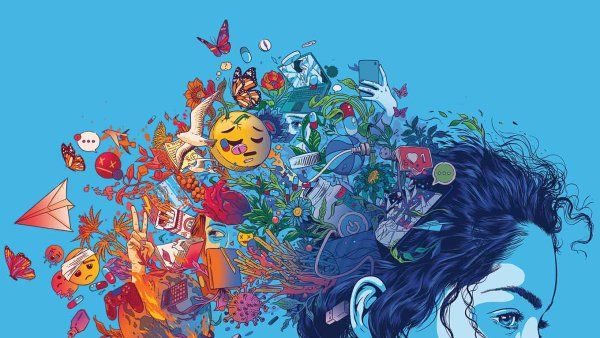
Drawing on his experience as a sleep scientist at UCSF, Aric Prather, PhD, a professor of psychiatry and behavioral sciences, shares his simple but powerful seven-day plan to achieve restorative rest.
People trying to conceive are bombarded with advice meant to improve their odds. But how much power do we really have over our fertility?
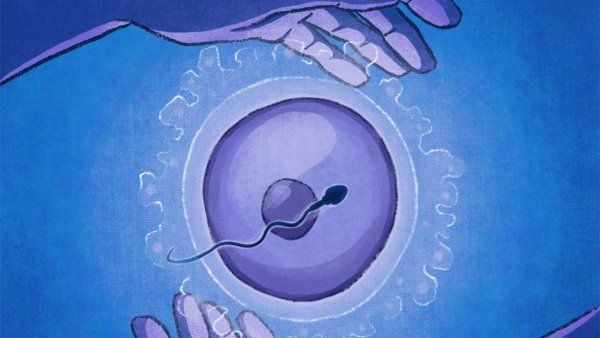
With vaping taking over the youth market, Pamela Ling, MD ’96, MPH, applies her research-driven social media and marketing expertise to beat the tobacco industry at its own game.
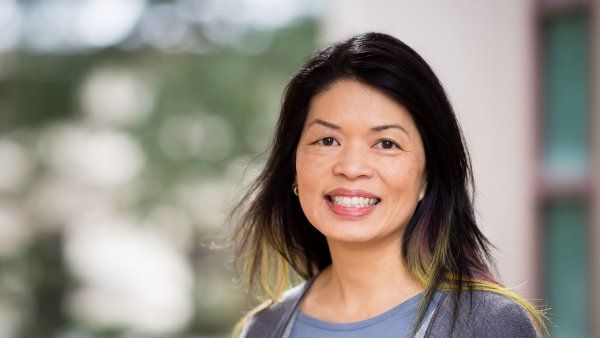
Trillions of invisible organisms make up the human microbiome. Now, medical scientists want to put these bugs to work.
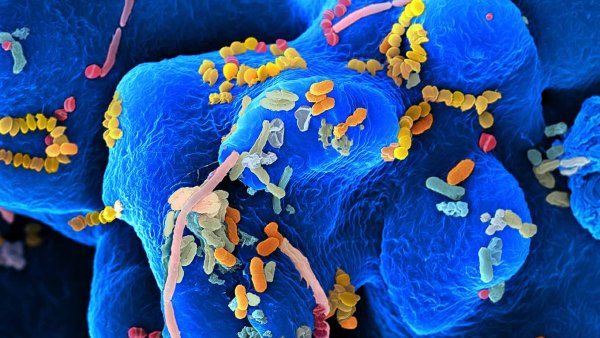
Could psychedelics become mainstream medicines?
